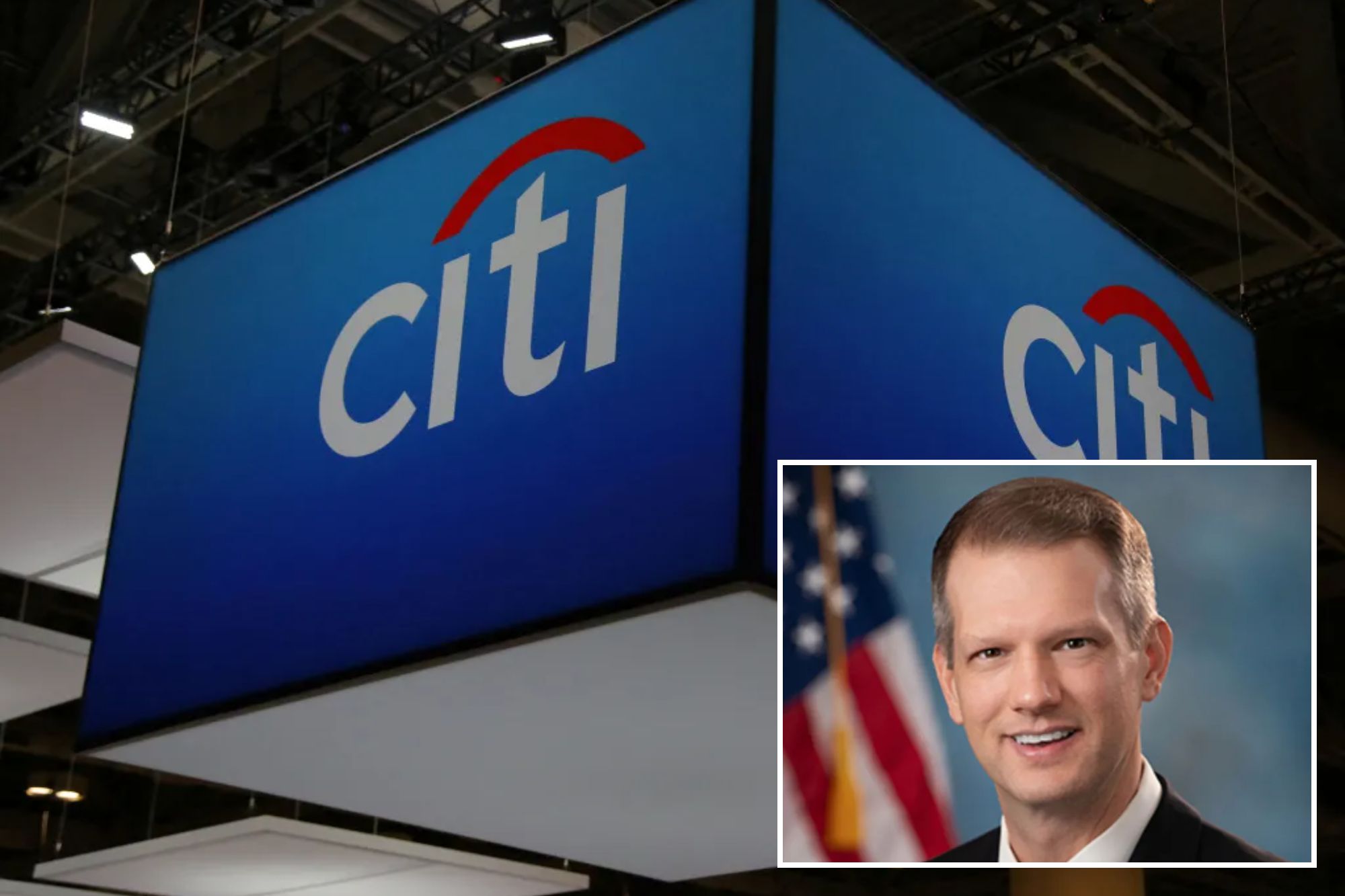
The State of West Virginia banned four major financial institutions from entering into tens of billions of dollars worth of state contracts over their environmental policies.
West Virginia State Treasurer Riley Moore added Citigroup, TD Bank, HSBC and The Northern Trust Company – banks which collectively oversee assets worth trillions of dollars – to his state’s Restricted Financial Institution List after he determined they are actively engaged in a boycott of the fossil fuel industry.
The action was taken in accordance with a 2022 law the state’s legislature passed to fight back against the sustainable investing movement.
“We are absolutely going to stand by our industries here in fossil fuels,” Moore told FOX Business. “Last year, the world burned more coal than any time in human history. The consumption of coal is not going down. That is a myth that is proliferated by the climate-activist left. So, why would we put ourselves in a position to not be part of that?”
West Virginia State Treasurer’s Office
Overall, the Investment and Banking Services Division of the West Virginia State Treasurer’s Office managed $22 billion in banking transactions last year.
The four institutions Moore listed on Monday, in addition to the existing banks listed, will be barred from the opportunity to bid on those transactions in the future.
According to Moore’s office, the banks were added to the Restricted Financial Institution List following an extensive review of their environmental, social and governance (ESG) policies.
The ESG movement, which has picked up steam in recent years, broadly calls for investments to be pulled from traditional energy industries and diverted to green energy industries in the fight against global warming.
In accordance with state law, Moore issued notices in late February to Citigroup, TD Bank, HSBC and The Northern Trust Company, warning that they would be listed unless they altered their ESG strategy or demonstrated they are not boycotting the fossil fuel industry.
Two other banks, BMO Bank and Fifth Third Bank, were also warned at the time, but they have since shown their investment strategy doesn’t boycott traditional energy companies.
“I applaud both of these institutions for working with us in a cooperative way to ensure the free market remains free and our state’s critical industries are treated fairly,” said Moore.
Moore’s announcement Monday represents a new front in West Virginia’s war on the ESG movement.
While his office previously reviewed and listed banks currently engaged in business with the state, he recently expanded the scope of his ongoing review of the banking sector to include institutions not currently authorized to do business with the state.
The four banks listed join BlackRock, Goldman Sachs, JPMorgan Chase & Co., Morgan Stanley and Wells Fargo & Co., which remain on the Restricted Financial Institution List.
Moore published his first list in July 2022 after West Virginia enacted the Restricted Financial Institution List law, which he had proposed.
That law empowers the West Virginia Office of the State Treasurer to list financial institutions that have publicly stated they will refuse, terminate or limit doing business with coal, oil or natural gas companies “without a reasonable business purpose.”
The banks Moore has already listed, though, have pushed back, arguing they do not boycott the fossil fuel industry.
For example, BlackRock noted in its 2022 response to Moore that it is among the largest investors in energy companies, with about $286 billion in assets invested in those companies globally.
“Northern Trust does not restrict or prohibit investment in fossil fuel-based energy companies,” a Northern Trust spokesperson said in a statement, noting its $52 billion investment exposure to the traditional energy sector and services offered for managing oil, gas and other fossil fuels for clients.
“We seek to work with – not boycott – energy companies,” an HSBC spokesperson added. “Our policies anticipate that we will continue to provide corporate lending and capital markets transaction support to energy-based customers to both maintain supplies as well as support an orderly and just transition that helps with the creation of new jobs. We are supportive of energy companies throughout the U.S., whom we are pleased to have as clients.”
Citigroup and TD Bank did not immediately respond to requests for comment.
“SFOF has highlighted again and again how ESG investments are a losing proposition,” said Derek Kreifels, the CEO of the State Financial Officers Foundation, a group that has rallied states to push back against the ESG movement.
“By adding another four banks to its restricted financial institution list, West Virginia Treasurer Riley Moore is continuing to lead the charge in the fight against ESG,” Kreifels continued. “I applaud Treasurer Moore for standing up against ESG activism. He has our full support.”














